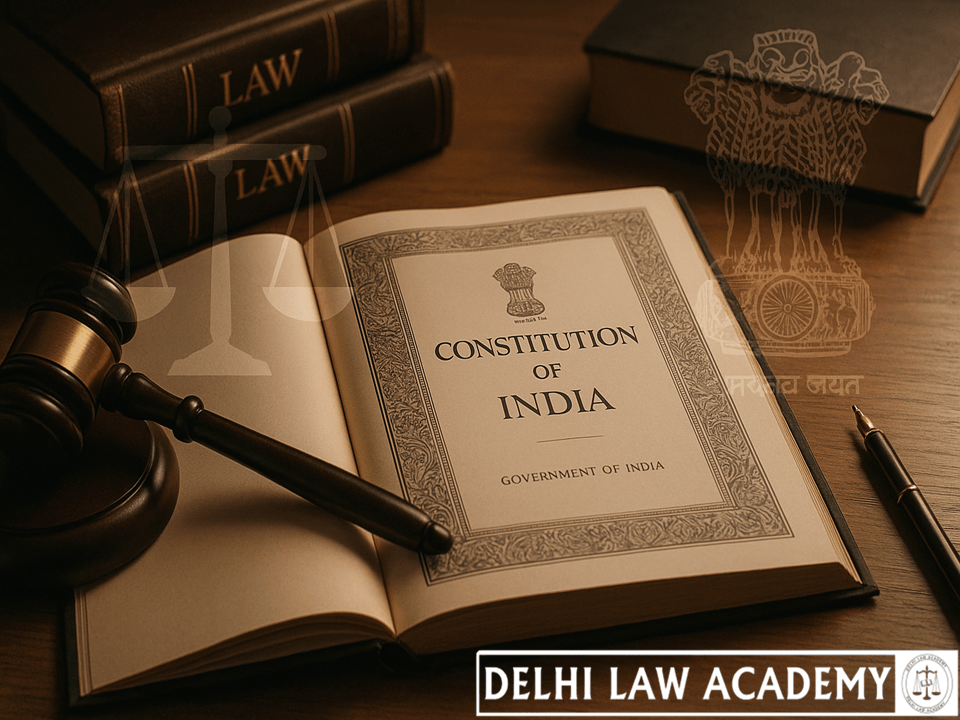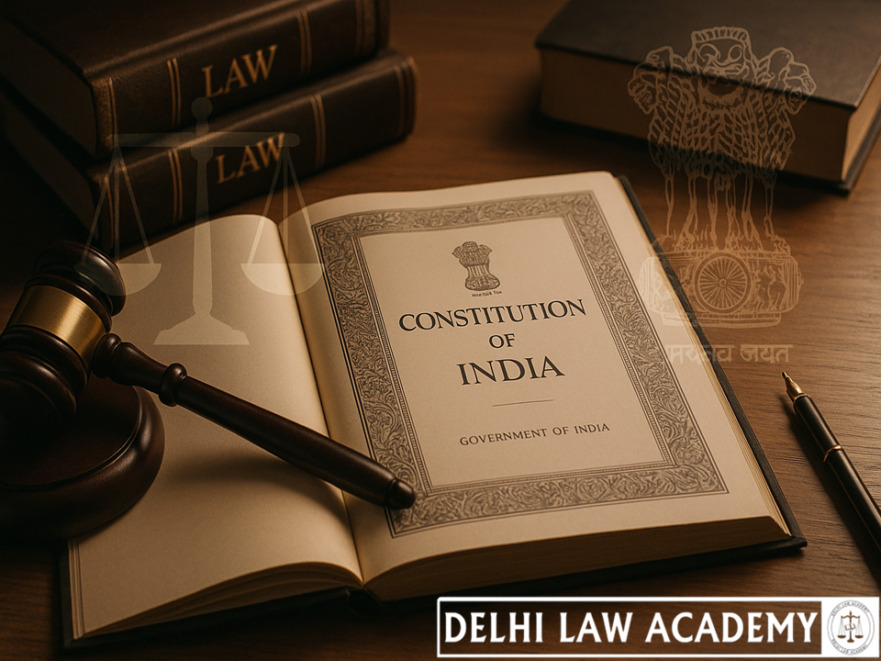
📌 Key Topics in This Blog
- ⚖️ Protection against ex post facto penal law
- ⚖️ Protection against double-jeopardy
- 🙅 Protection against self-incrimination
- 🧾 What constitutes `incrimination’ for the purpose of Article 20(3)?
- 📚 Supreme Court on Narco-analysis Test
⚖️ Article 20 of the Indian Constitution: Key Protections
📜 Protection against ex post facto penal law (Article 20(1))
- No person shall be convicted:
- for violation of a law not in force
- at the time of the offending act
- No person shall be subjected:
- to a penalty greater than that inflictable
- at the time of the offending act
⚖️ Protection against double-jeopardy (Article 20(2))
- No person shall be prosecuted and punished:
- for the same offence
- more than once
🙅 Protection against self-incrimination (Article 20(3))
- No person accused of an offence:
- shall be compelled
- to be a witness against himself
📚 Case Law: Selvi v. State of Karnataka [2010 SC]
🔎 Issue:
The legal questions in this batch of criminal appeals relate to the involuntary administration of certain scientific techniques, namely narco-analysis, polygraph examination and the Brain Electrical Activation Profile (BEAP) test for the purpose of improving investigation efforts in criminal cases. This issue involves tensions between the desirability of efficient investigation and the preservation of individual liberties.
🧠 Polygraph examination
The theory behind polygraph tests is that when a subject is lying in response to a question, he/she will produce physiological responses that are different from those that arise in the normal course. Instruments such as cardiographs, pneumographs, cardio-cuffs and sensitive electrodes are used to measure respiration, blood pressure, pulse, and galvanic skin resistance. The truthfulness of the subject is then assessed on this basis.
💉 Narco-analysis technique
This test involves intravenous administration of sodium pentothal, which induces a hypnotic trance. The subject, under this state, is more likely to divulge information. Though useful for investigators, such involuntary administration raises concerns under Article 20(3).
⚖️ What constitutes ‘incrimination’?
Incrimination includes extracting material or information that can be compared with evidence already possessed by investigators. For example, handwriting samples and specimen signatures. The Supreme Court held that compulsory administration of these tests violates the right against self-incrimination.
📌 Decision:
- No victim can be compelled to undergo these tests.
- Forcible administration intrudes upon mental privacy and can cause stigma.
- Test results obtained through compulsion cannot be admitted as evidence.
- Article 20(3) protects an individual’s choice between speaking and remaining silent.
📝 Guidelines by the Court
- No Lie Detector Tests should be administered except with the consent of the accused.
- If the accused volunteers, he must have access to a lawyer, and the implications must be explained.
- Consent must be recorded before a Judicial Magistrate.
- The test must be conducted by an independent agency (like a hospital) in the presence of a lawyer.
📚 Continue Your Constitution of India Preparation
Don’t stop here! Strengthen your knowledge of the Fundamental Rights with our other related blogs:
📘 Stay Ahead with Delhi Law Academy!
Get access to free monthly current affairs, read our insightful blogs,
and explore free study resources prepared by experts at DLA Jaipur. 🚀
❓ FAQs on Article 20
Contact us
📍 Delhi Law Academy – Jaipur Branch
6C, Tower 2, Coaching Hub, Pratap Nagar, Jaipur – 302033
📞 Phone:
+91 9911916552
+91 8447285606
✉️ Email:
contactus@delhilawacademy.com

